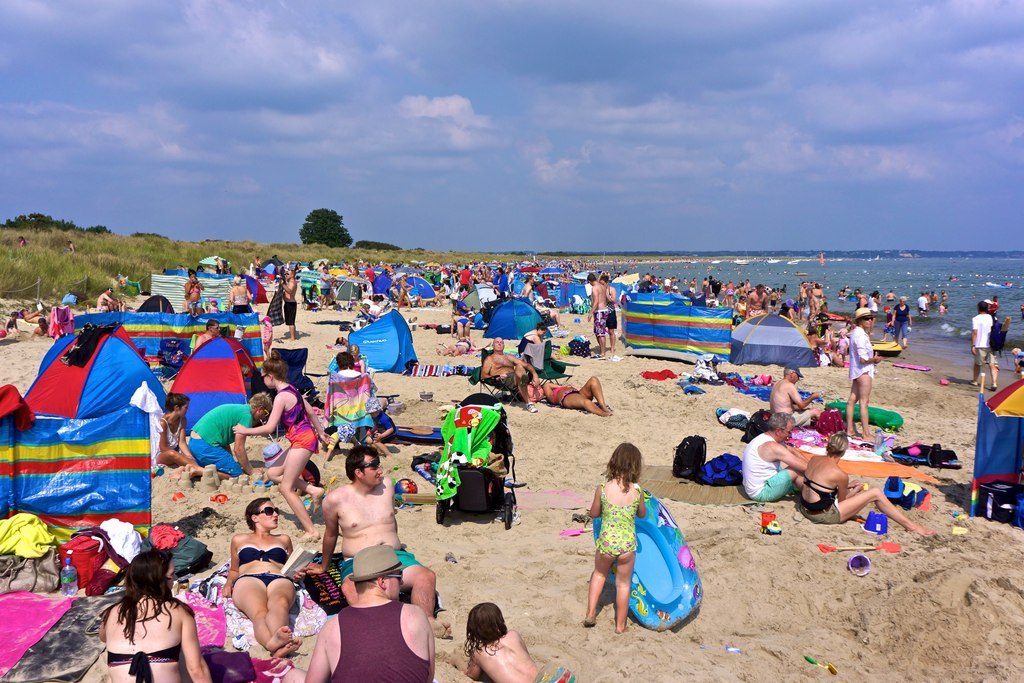As climate change causes global temperatures to rise, productivity will plummet and more people will be killed by heatwaves.
Last Thursday a British record was broken. Cambridge measured an outdoor temperature of 38.7 degrees celsius, the highest ever recorded in the UK. That was loudly welcomed by Brits keen to top up their tan or enjoy a day at the beach. But heatwaves like this come with some pretty nasty side effects.
Workers, enduring sweat-drenched commutes and FOMO from their staycationing friends’ Instagram accounts, see their work quality and output nosedive. (Studies have suggested our productivity drops 4 percent for every degree over 27°C, which would have made Cambridge employees almost half as effective as normal last week). Considering economic growth is based on how much we all produce, more unproductive workers means a slowing economy. Most economists and politicians (though by no means all of them) would consider that a bad thing.
Heatwaves also cause health problems and even deaths. Last year, a hotter-than-usual August saw the number of hospital patients go up by 11 percent. (Doctors said dehydration and weekday boozing were largely to blame). And an extreme heatwave in 2003, when temperatures reached a smidge lower than Thursday’s, is considered responsible for the premature deaths of 70,000 people across Europe. (Most were older or in bad health, both of which makes people especially vulnerable to extreme temperatures).
Considering the Met Office reckons heatwaves like this will be commonplace in Britain by the 2040s, countries will need to act if they want to prevent many more heat-related injuries and deaths. Some mooted solutions include a public-awareness campaign, 24/7 air-conditioned spaces for people who can’t afford to install it at home, and changes to the way we build houses and design cities.
Read our explainer on: what the environment does to the economy.

